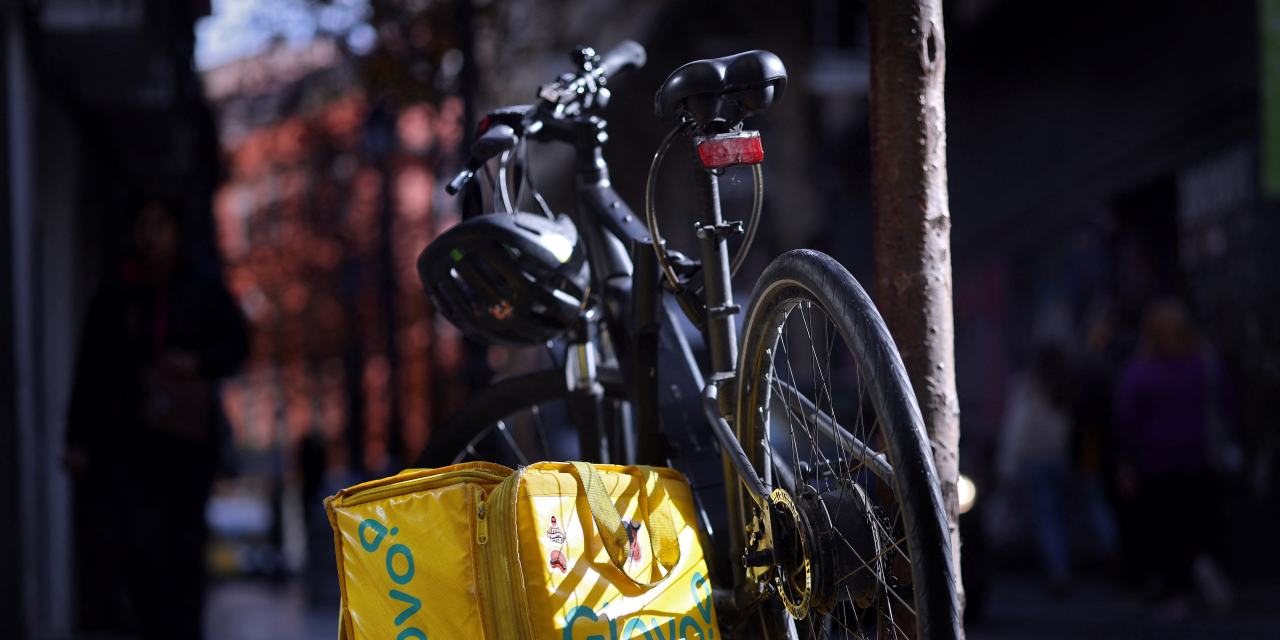5 Money Moves the Middle Class Should Make as Elon Musk Steps Down From DOGE
Elon Musk is scaling back his involvement with the Department of Government Efficiency (DOGE) to refocus on his business ventures, which have taken a hit in recent months.
Read Next: Trump Wants To Replace Income Taxes With Tariffs: 2 Impacts on the Middle Class
Find Out: Mark Cuban Says Trump's Executive Order To Lower Medication Costs Has a 'Real Shot' -- Here's Why
Advertisement: High Yield Savings Offers
Powered by Money.com - Yahoo may earn commission from the links above.While DOGE lacks formal agency status and congressional backing, Musk’s reduced role may still signal a shift in political focus around federal cost-cutting. For middle-class Americans, this shift is worth watching, especially as new budget proposals, potential changes to the federal tax code and debates over entitlements take center stage.
Here are five money moves the middle class should make as Musk steps down from his leadership role at DOGE.
Even as Elon Musk scales back from DOGE, government spending cuts are moving forward — just not in the way many, including Musk, had hoped.
President Donald Trump’s “One Big Beautiful Bill” cuts funding for key public programs like housing, education and food assistance, while boosting defense and infrastructure spending.
For the middle class, that means less support from government programs and no meaningful tax relief.
For example, according to the Tax Policy Center, middle-income households would receive an average tax cut of about $1,800, or about 2.4% of their after-tax income, under the bill. In contrast, households in the top 5% of earners would see their tax bill cut by an average of $21,000, or 4.3% of their after-tax income.
Now is the time for households to review their household budget and plan for potential gaps. Households and individuals who rely on tax credits, student aid or healthcare subsidies should prepare for potential changes and explore ways to build financial resilience in case these safety nets are reduced or eliminated.
Be Aware: Trump Isn’t Ruling Out a Recession This Year — What Could That Mean for Your Wallet?
Given the potential for policy shifts and economic volatility, it’s prudent for middle-class households to bolster their emergency savings.
Financial experts commonly recommend setting aside three to six months’ worth of living expenses to navigate unforeseen challenges, such as unexpected expenses or income disruptions resulting from changes in federal programs or economic downturns.
According to experts at Vanguard, “If you spend $5,000 per month, your first emergency fund savings milestone should be $2,500 to cover spending shocks. For your longer-term goal of an emergency fund that will cover income shocks, aim to save $15,000 to $30,000 total.”
Latest News
- PizzaExpress listed by UK government for minimum wage payment failure
- EU Fines Delivery Hero, Glovo $373 Million in Cartel Probe
- Meta aims to fully automate advertising with AI by 2026, WSJ reports
- Stock market today: Dow, S&P 500, Nasdaq futures fall as US-China trade tensions flare up again
- Technical Assessment: Bullish in the Intermediate-Term
- Deloitte Tohmatsu to offer services for Japan lease accounting













